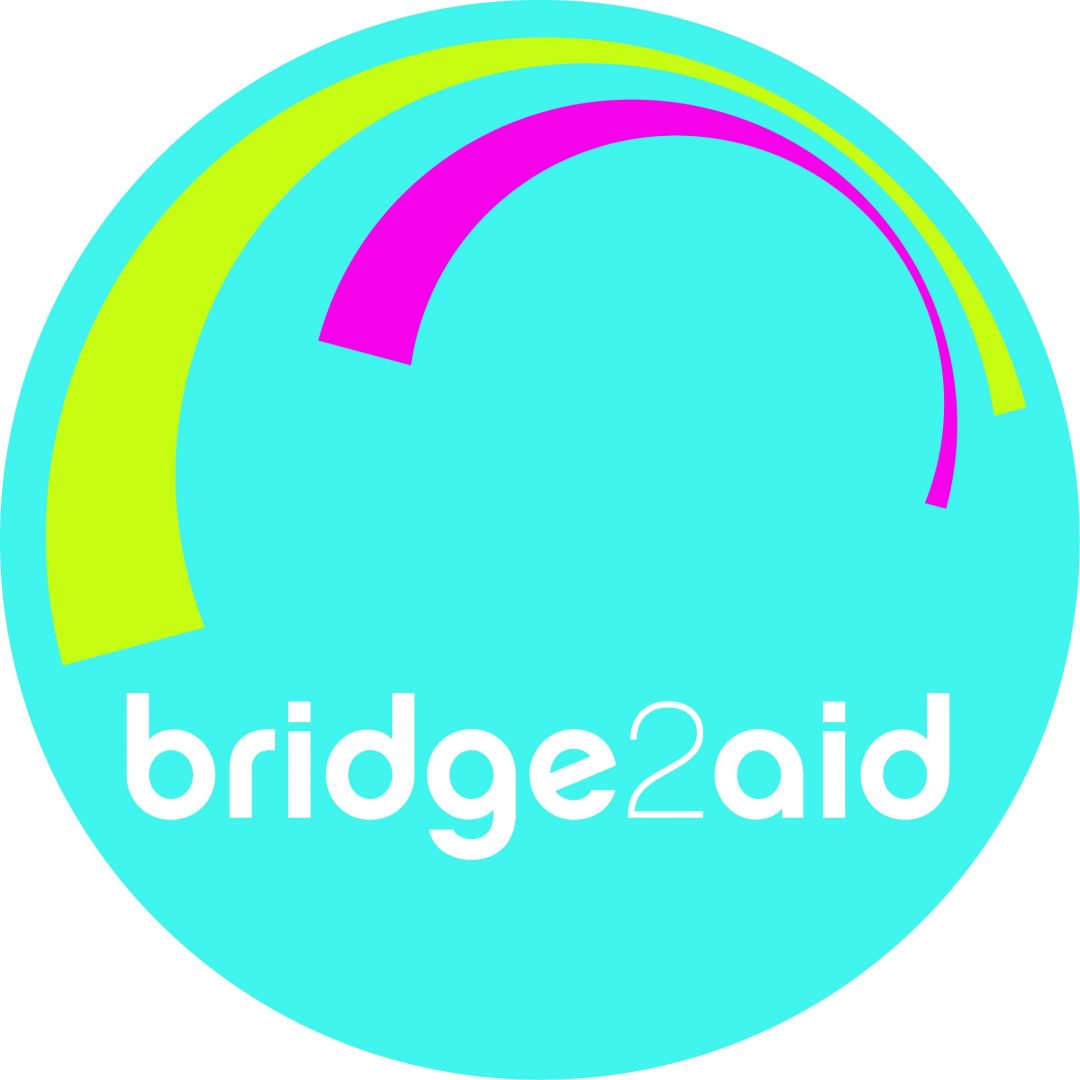Machine cast lead and rolled lead: the differences explained
From talking to our customers on a regular basis, we find many admit to not knowing the difference between machine cast lead and rolled lead.
Others do have some knowledge or indeed a preference when it comes to lead sheet types, however, often confess they’re not fully clued up on the facts.
Our recently commissioned industry survey, which targeted 250 lead merchants and end users in the UK, reaffirmed the fact that while some do have product awareness, confusion and misunderstanding around the differences between machine cast lead and rolled lead is indeed widespread.
As the only British lead manufacturer to offer both machine cast lead and rolled lead, we’re keen to educate the industry on the differences.
The facts are that lead sheet, whether produced through a machine cast or a rolled manufacturing method, is remarkably similar, sharing many attributes. The differences, rather than in the actual product, lie in accreditation, warranty and manufacturing processes.
Shared attributes
Starting with the shared attributes, both machine cast and rolled, or as it’s sometime called, milled lead are made from 99.9+% pure, recycled lead, with both manufactured using the exact same chemical specification.
Similarly, both are made according to the same analysis, codes, tolerances and permitted sizes, and both are accepted by the NHBC, Building Control, architects, designers and engineers, insurers, building associations and all local authorities and government bodies throughout the UK.
Consistency in thickness is also identical. Whether machine cast or rolled, lead sheet will not vary by more than +/- 5% at any given point. However, the thickness of rolled lead is determined by the number of times the solid lead slab is passed back and forth on the rolling mill between closing rollers, while the thickness of machine cast lead is determined by the speed of the rotating water-cooled drum and the depth of immersion of that drum into the molten lead bath. Simply put, the process to arrive at a predetermined thickness of lead sheet varies, but the end result is the same.
The differences
Accreditation-wise, things differ. High quality machine cast lead has a British Board of Agrément 86/1764 accreditation, while high quality rolled sheet has a British Standard 12588.
British Standard (BS) tends to have higher awareness than British Board of Agrément (BBA) in the construction industry, leading to the opinion that BS is better than BBA.
In fact, BS 12588 and BBA 86/1764 share the exact same standard requirements, however, the BBA benefits from additional requirements, including twice annual external surveillance visits and a 3-year review on product quality and service levels, as well as internal quality checks.
As such, machine cast lead does in fact conform to the British Standard 12588 specification, however, it is impossible for machine cast lead, no matter how high quality standards are, to qualify for it, as it is only applicable to lead manufactured through a milling process.
Leading us onto the difference in manufacturing methods, this is where the main distinction between machine cast and rolled sits.
Rolled lead is manufactured by passing a solid slab of lead back and forth on a rolling mill between closing rollers. Machine cast is a more modern adaptation of that method, which sees lead sheet produced by dipping a rotating water-cooled drum into a bath of molten lead. The lead sheet is formed on the immersed section of the drum and peels off at the top. It is then wound onto spools, before being cut.
Aside from accreditation and manufacturing processes, other differences include warranty length; BS-accredited rolled lead offers 50 years, while BBA- accredited machine cast lead carries 60 years.
And finally, it’s worth knowing that rolled sheet manufacturers have the opportunity to join the Lead Sheet Association (LSA). However, solely funded by rolled lead sheet producers, it is not an independent body representing the lead sheet industry, and does not allow membership for machine cast lead producers.
Whatever your preference, we always recommend thoroughly researching products, so that you can make better, more informed decisions, whether for your own project or your customers’.
Like to see the infographic we’ve created to illustrate the above? Go to our Pinterest page. Or go to our Downloads.



